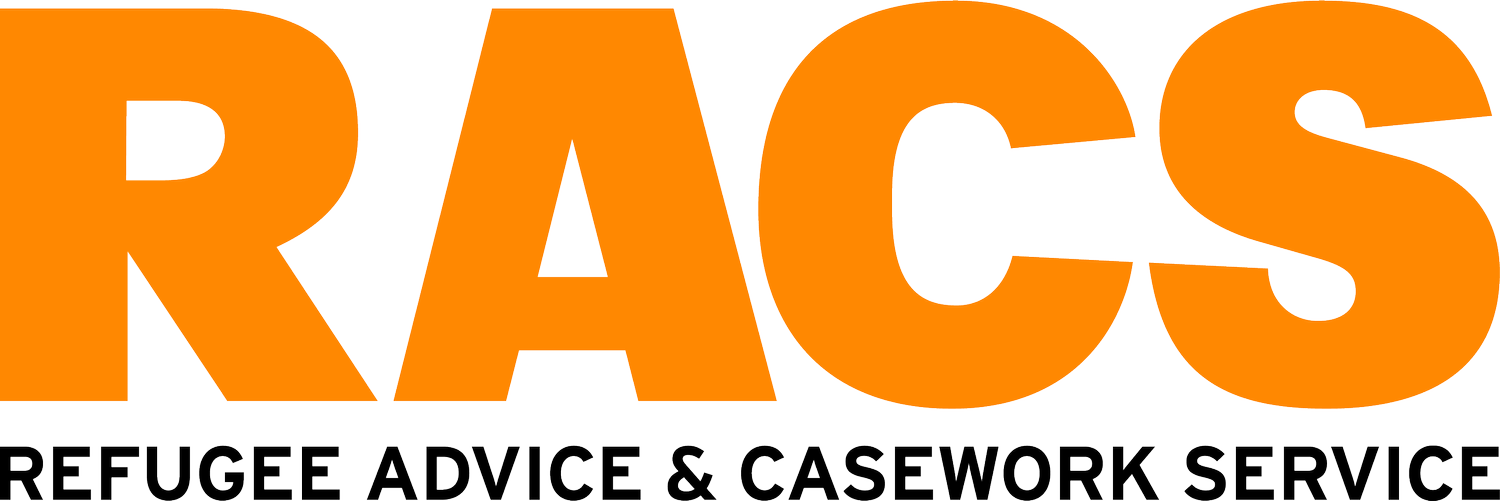Mary Crock: a lifelong refugee advocate's passion for justice
Professor Mary Crock’s deep commitment to justice and refugees began early in her life. Growing up in Melbourne, her father was a pioneering ophthalmologist who worked all over the world and with Indigenous communities in Australia. Her grandfather was in the air force.
“I was imbued with ideas that you should be ambitious for what you want to do, but also ... think about your place in the world, what you can do to make the world around you better,” Mary told us.
She believes that pursuing good in the world is as important as striving for her own personal success. Mary’s morals have shaped her legal career and her decision to support the work of RACS.
An introduction to refugees – and refugee law
Mary’s university years were framed by war in Vietnam, genocide in Cambodia, and the arrival of refugees into Australia.
“Suddenly I was exposed to refugee law, but also to the physicality of refugee movements into Australia,” she recalls. She began tutoring young Vietnamese refugees and participated in an international debating competition where that year’s topic just happened to be refugee law.
“Now, if you'd told me at that time that I would end up devoting so much of my life to helping refugees and being involved in the development of refugee law as well, I would've said you are crazy,” she laughs.
Like many law graduates, Mary dipped her toes into the corporate world but quickly decided it wasn’t for her. Instead, she helped set up the first nonprofit legal centre in Melbourne dedicated to helping refugees and migrants. She and her team taught themselves refugee law “through the people who came through the door.”
In the 1990s, Mary moved with her young family to Sydney. Seeking continuity for her refugee law passion she connected with us and “RACS has been part of my DNA ever since.”
Stories she can’t forget
Mary’s passion is clear.
“Migrants and refugees really bring the world to Australia. Their stories telling us what they've lived through make real what we hear about in the news.”
She has countless stories from her engagement with refugees. As a professor, Mary has had the privilege of mentoring students who would go on to become refugee lawyers. She has also welcomed refugees into her own family.
“There was a 14-year-old girl who was on one of the very first boats from Cambodia, and we sponsored her to get permanent residency in Australia after she'd been in detention for four years.” Mary says the experience of visiting the girl in detention changed her own life forever. That girl went on to become a lawyer, marry and start a family in Australia.
Another refugee who left a mark on Mary is a woman from Ethiopia who had been repeatedly assaulted before fleeing her country to seek safety in Australia.
“She had never been given a female adviser or interviewer. I was the first female lawyer she had,” Mary tells us, with a sense of bewilderment and outrage. She’s no stranger to the ways in which Australia’s asylum process is not sensitive to the trauma and needs of people seeking asylum. The system is not designed with vulnerable people in mind.
Thankfully, there was a happy ending for this woman. It’s just one example that has convinced Mary of the difference quality legal help makes. “I have seen the difference between having access to legal advice and not having access to legal advice. I can tell you with absolute confidence that RACS makes a massive difference to people who will go on to become cracking good Australians if we give them half the chance.”
Mary’s legacy
Her lifelong commitment to refugees is one of the values Mary would like to pass on to her children.
Leaving a legacy “doesn’t necessarily have to be a lot of money,” she says.
“It’s about signaling to the next generation what really matters. Going back to this notion of my moral ambition, RACS is central to what I want to see in leaving the legacy of a better Australia.”
Mary knows that RACS's work will be needed for years to come. “Sadly, I don't think the problem of forced displacement is anything that is going to go away anytime soon.”
And yet, the work is a reason to hope, too. “RACS is an organic creature of the caring of our society, and that's why I want to see it thrive.”
By including RACS in your Will, you can offer not only safety and certainty to refugees today but also justice and dignity for generations to come.

